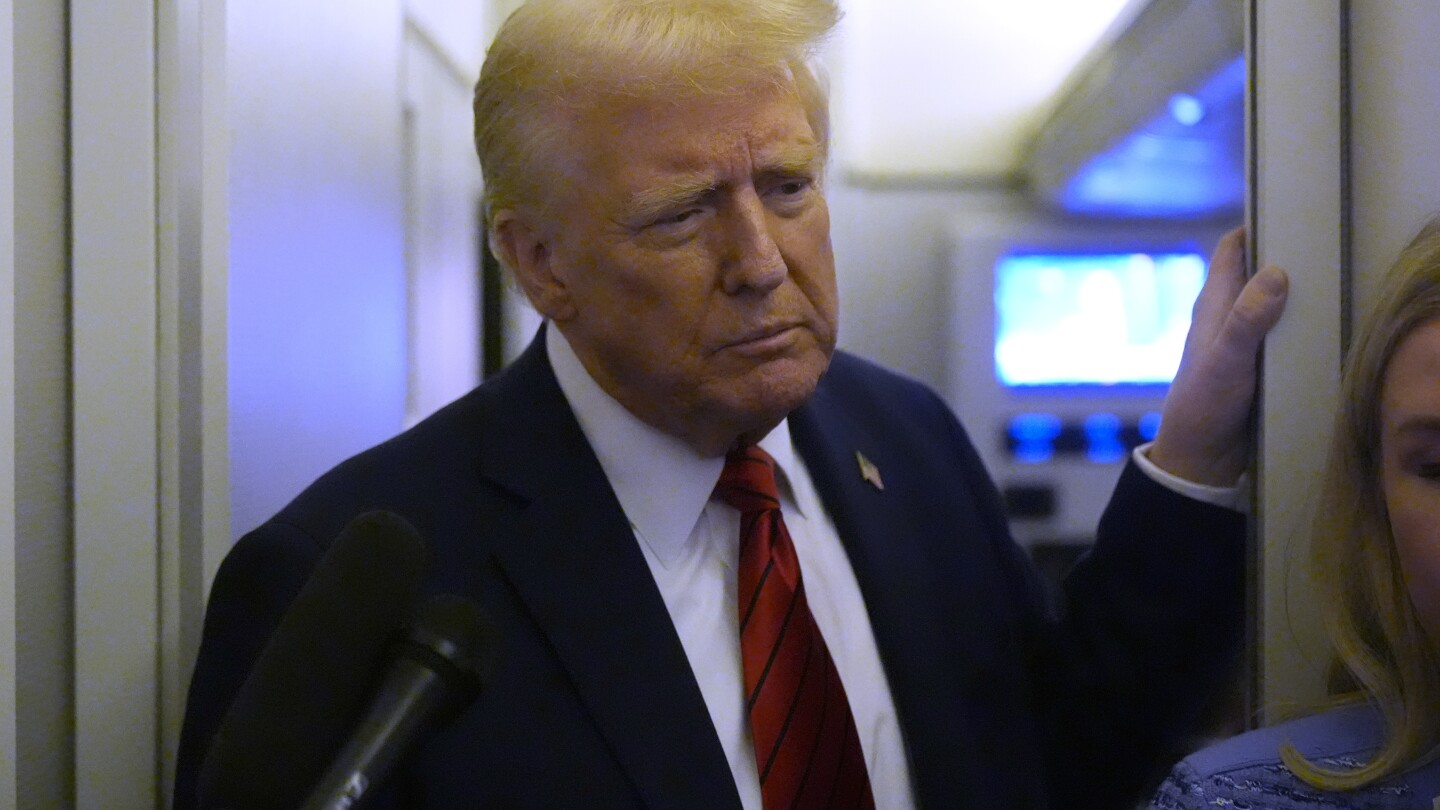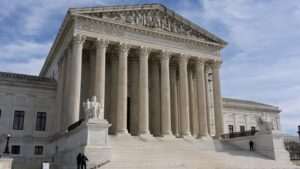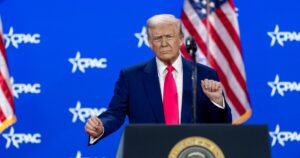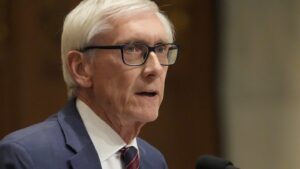Federal Judge Halts Trump’s Funding Freeze Amidst Chaos and Uncertainty
In a dramatic turn of events, a federal judge has placed a temporary halt on President Donald Trump’s initiative to suspend federal funding for a sweeping ideological review. The decision came just moments before the pause was to take effect, creating a wave of confusion across various sectors that depend heavily on federal funds.
The ruling by U.S. District Judge Loren L. AliKhan offers a temporary reprieve until at least Monday afternoon, following a lawsuit filed by nonprofit groups reliant on federal assistance. AliKhan’s intervention aims to provide clarity amidst a day filled with uncertainty, as state and local governments, educational institutions, and organizations faced potential financial instability.
While the White House has yet to comment, the decision has ignited tensions between Democrats and the Trump administration. Democrats have criticized the president’s actions as arbitrary and potentially unconstitutional. Their concerns revolve around Trump’s recent executive orders aimed at reshaping federal spending priorities.
Trump’s administration insists that the funding freeze is critical for ensuring compliance with his executive orders, which include increasing fossil fuel production, removing protections for transgender individuals, and ending diversity initiatives. The Office of Management and Budget’s vague memo and incomplete responses from the White House left many stakeholders in the dark about which programs might be affected.
David Smith, representing the Shawnee Mission School District in Kansas, expressed the confusion felt by many: “This sort of came out of the blue,” he said, noting the lack of information.
Following Judge AliKhan’s ruling, Democratic attorneys general from 22 states and the District of Columbia filed a lawsuit to permanently block the funding freeze. New York Attorney General Letitia James described the policy as “reckless, dangerous, illegal and unconstitutional.”
Judge AliKhan, who was appointed by President Joe Biden, questioned the clarity and extent of the proposed funding pause, noting the administration’s apparent lack of detailed understanding of the programs at risk.
The National Council of Nonprofits, which initiated the lawsuit, voiced concerns about the potential impact on its members. Attorney Jessica Morton emphasized the risk of organizations shuttering due to even a temporary halt in funding.
The Trump administration attempted to reassure the public, stating that direct aid programs like Medicare, Social Security, student loans, and food stamps would remain unaffected. However, mixed messages regarding Medicaid and other programs have added to the confusion.
Jenny Young from Meals on Wheels highlighted the chaos caused by the uncertainty, worrying about the ability to continue serving meals to seniors.
Concerns have also arisen from other sectors. The National Science Foundation delayed grant reviews, and officials in Prichard, Alabama, feared losing funds crucial for infrastructure repairs. Meanwhile, Republican leaders in Louisiana sought clarity to protect the state’s financial stability.
Senator Patty Murray of Washington criticized the move, warning that it could disrupt communities nationwide.
A detailed administrative review, as outlined in a 51-page document, requires federal agencies to evaluate programs against criteria linked to Trump’s executive orders. The review raises the possibility of halting unspent grants if they conflict with the orders.
The Office of Management and Budget, led by acting director Matthew Vaeth, stressed the need for a thorough analysis of federal financial assistance programs, but the rapid implementation timeline has sparked widespread concern.
White House press secretary Karoline Leavitt defended the administration’s approach, denying any intent to challenge Congress but emphasizing alignment with American priorities.
This funding pause is a bold step in Trump’s strategy to leverage federal power to advance conservative goals, a stark contrast to his initial term. The approach involves engaging the federal workforce to report resistance to changes in diversity and inclusion efforts.
Paul Light, a federal government expert from New York University, cautioned against the risks of disrupting services for voters dependent on federal support.
Amidst these developments, states reported issues with the Medicaid funding portal, exacerbating fears of service interruptions. The Trump administration assured that payments remained unaffected, although the root cause of the problem remains unclear.






